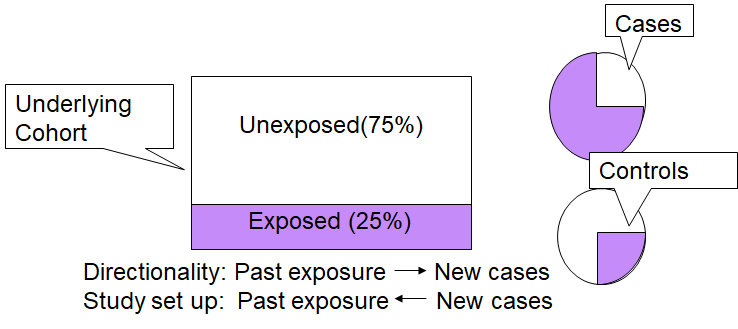Analytic epidemiological studies as part of an epidemic investigation
Main Article Content
Abstract
In responding to an epidemic, the professional field epidemiologist establishes through descriptive epidemiology facts that suggest one or more hypotheses about risk factors concerning the environment (including institutions, their policies and other social determinants), the host or the agent, which require testing. Hypotheses should be formulated in such a way that the statement spells out the design with a reference to the null hypothesis, i.e., explicitly states how the hypothesis will be tested. The evidence required involves systematically collecting information on the exposures of interest and their health status through analytic epidemiologic studies (e.g., ecological, cohort, or case-control studies). We discuss when it is indicated to choose one type of study over another and the advantages and disadvantages of cohort and case-control studies
Article Details

This work is licensed under a Creative Commons Attribution-NonCommercial-NoDerivatives 4.0 International License.
